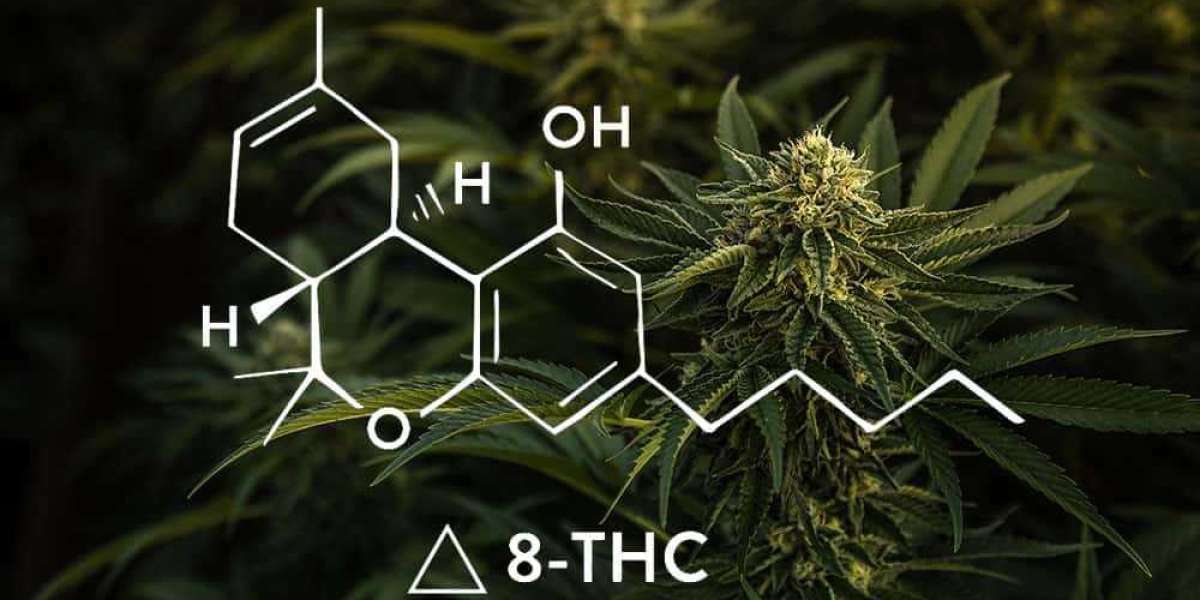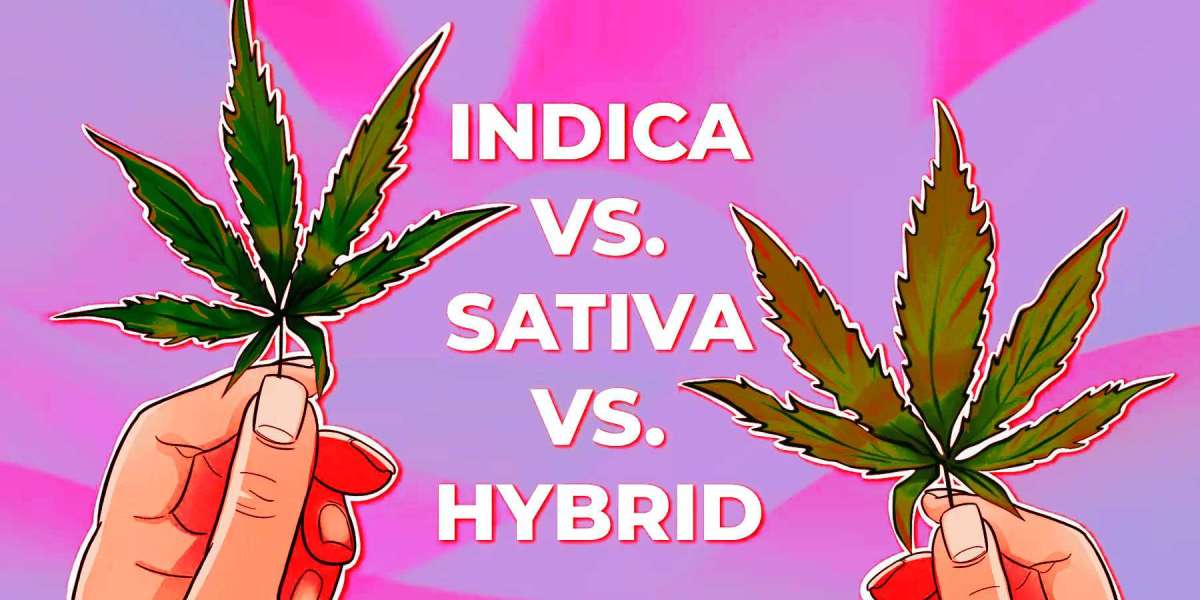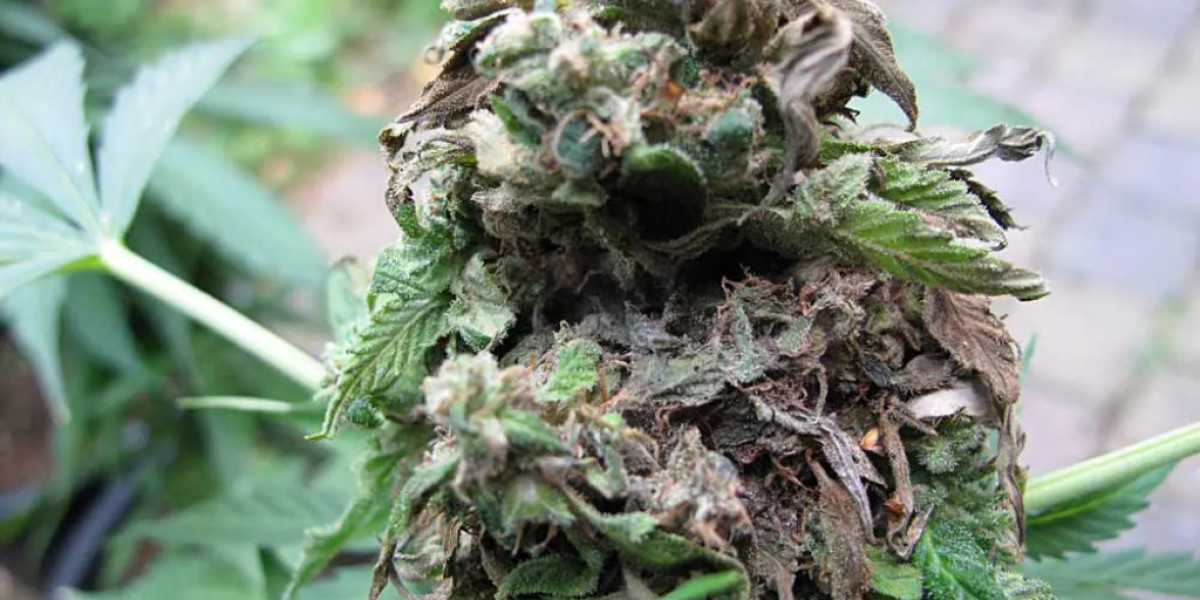Among the compounds found in the cannabis plant are Delta 8 and Delta 9 THC. These are both cannabinoids that interact with the endocannabinoid system in the body. Despite this, the two compounds differ in some keyways.
For starters, Delta 8 THC is an isomer of Delta 9 THC, meaning that it has the same chemical formula but a slightly different arrangement of atoms. Since Delta 9 THC has a different structure, it affects the body and minds differently. So, it's like the difference between a jigsaw puzzle and a Rubik's cube!
In this article, we are going to discuss the key differences in legal status, the effects of the newly found drug, and how safe it appears to be. Think of this as your complete guide on Delta-8!
Now roll up a joint and dive into the world of weed with us!
Let’s Talk Legal Status
The legal status of Delta 8 and Delta 9 THC in the United States is complicated. While Delta 9 THC is classified as a Schedule I controlled substance under federal law, Delta 8 THC was not specifically listed under the Controlled Substances Act until 2020.
However, some states have legalized the use of medical or recreational cannabis, and some have legalized only CBD or hemp-derived products. Therefore, it is important to check the laws in your specific state before using either compound.
Less than half of the states in the U.S have regulated or banned the use and/or possession of delta-8. Here is a complete list. If you reside in one of the following states, it is best to check what the specific laws are regarding delta-8.
Alaska
Colorado
Delaware
Idaho
Iowa
Montana
New York
Nevada
North Dakota
Oregon
Rhode Island
Vermont
Utah
Washington
Remember: Laws and regulations about weed, delta-8, and delta-9 are ever-evolving. The states listed above are relevant as of Jan 2023 and may become outdated overtime. It is crucial that you read up on your state laws so that you can stay safe (and smoke and toke in peace)
What are the Effects?
If you are looking for a clear answer on which one is better, that is a difficult question to answer. Each compound has its own unique set of effects which we will explore. So, it will ultimately come down to you and your preferences.
The choice between Delta 8 THC and Delta 9 THC is often difficult when it comes to cannabis. In addition to euphoria and relaxation, both compounds alter one's perception of time. One compound may be more attractive than the other, however, due to some important differences between them.
The effects of Delta 8 THC are milder compared to those of Delta 9 THC. Due to its shorter duration of action and less potency, it is considered less potent. This makes it an excellent choice for new cannabis users or for those who are sensitive to high-THC products. Those looking to unwind and de-stress can benefit from a more relaxed, calm experience. But don't worry, you're still going to be feeling pretty groovy!
The effects of Delta 9 THC are stronger and more intense. An intensified sense of euphoria can be experienced as well as a more pronounced alteration of time. People seeking a stronger, more immersive experience will find it a great choice. This is a great alternative for those who want to party, have fun, and enjoy cannabis' many benefits.
When it comes to fun, it really depends on what you are looking for. Delta 8 THC may offer you a milder, more relaxing experience. An experience with Delta 9 THC may be stronger and more intense if you're looking for it.
It is similar to Delta 9 THC in that it is a laid-back older brother. Despite their similar interests, such as making people feel good and altering time perception, Delta 8 prefers to chill and relax while Delta 9 likes to party until dawn. This particular Delta 8 is like the "chill pill" to Delta 9's "thrill pill." Plus, it causes less paranoia, so you are less likely to be caught by the "canna-police."
Safety and Side Effects
It is important to note that Delta 8 and Delta 9 THC both present potential safety risks when used. There is a risk of dry mouth, red eyes, impairment of motor coordination, and altered judgment associated with these conditions. Some people have reported anxiety, paranoia, or hallucinations after taking either compound at high doses.
Compared to Delta 9 THC, Delta 8 THC may have fewer side effects. Consequently, Delta 8 THC could be a better option for some people. Delta 8 THC binds to the receptors that are responsible for some of the more negative side effects of Delta 9 THC, such as anxiety and paranoia. Additionally, it is believed that Delta 8 THC binds to the receptors more weakly than Delta 9 THC, which could be another reason it potentially produces fewer side effects.
The Bottom Line
There are two types of THC found in cannabis plants, Delta 8 and Delta 9. Although both compounds affect the body and mind similarly, they differ in some important ways. As compared to Delta 9 THC, Delta 8 THC is generally considered less potent and has a shorter duration of action. In addition to reducing anxiety and nausea, it may also reduce pain and nausea.
However, it's important to be aware of the legal status of these compounds in your state and also to be aware of the potential safety risks associated with their use. Some states have laws prohibiting the use of certain compounds or requiring special permits or warnings in order to use them.
I hope this article helped clarify the differences between delta-8 and delta-9. In my opinion, they are both loads of fun, and each have its own specific time and place of use. So next time you're feeling adventurous, why not try a bit of both?
Happy smoking!
www.healthline.com/health/delta-8-thc.
www.projectcbd.org/science/cannabinoids/delta-8-tetrahydrocannabinol.











